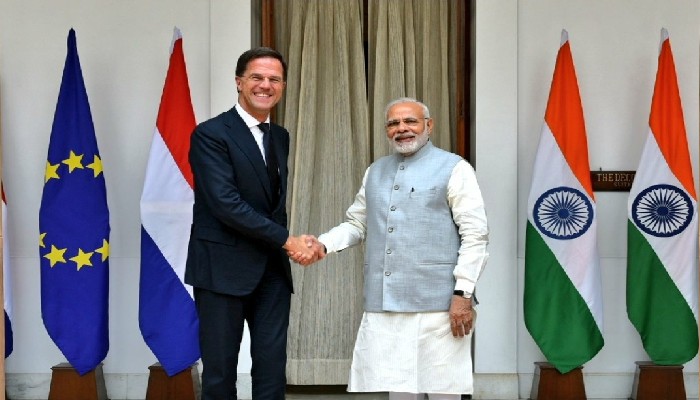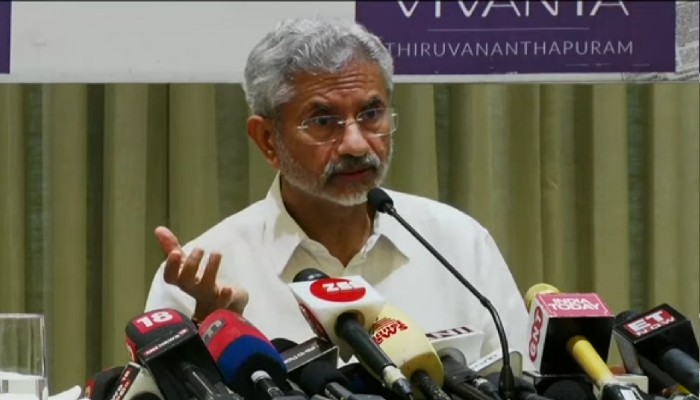The inaugural summit was focused on the food security crisis and clean energy
The four-nation grouping "I2U2" has developed a "positive agenda" and "identified joint projects" in a number of industries and created a plan for moving forward, Prime Minister Narendra Modi said on Thursday.
He was speaking at the inaugural I2U2 Summit held virtually in the presence of US President Joe Biden, Israeli PM Yair Lapid, and UAE President Mohammed bin Zayed Al Nahyan. The I2U2 Grouping was conceptualised during the meeting of the Foreign Ministers of the four countries held on October 18 last year.
Prime Minister Modi remarked, "From this very first summit, I2U2 has established a positive agenda. We have identified joint projects in various sectors and prepared a roadmap to go ahead."
He added that under the " I2U2" framework, the four nations had agreed to increase joint investment in six key areas of water, energy, transport, space, health and food security.
"It is clear that the vision and agenda of "I2U2" is progressive and practical," Prime Minister Modi pointed out.
According to Prime Minister Modi, "By mobilizing the mutual strengths of our countries - Capital, Expertise and Markets - we can accelerate our agenda, and contribute significantly to the global economy".
PM Modi continued, "Our cooperative framework is also a good model for practical cooperation in the face of increasing global uncertainties. I am confident that with I2U2 we will make a significant contribution towards energy security, food security and economic growth globally."
He expressed confidence that I2U2 will make significant contributions to energy security, food security and economic growth on a global scale.
The member countries of the I2U2 grouping also released a joint statement, which said, "This unique grouping of countries aims to harness the vibrancy of our societies and entrepreneurial spirit to tackle some of the greatest challenges confronting our world, with a particular focus on joint investments and new initiatives in water, energy, transportation, space, health, and food security."
The statement added that the meeting was focused on the food security crisis and clean energy.
Furthermore, the statement also stated that the leaders reaffirmed their commitment to using "well-established markets" to develop more creative, inclusive, and evidence-based solutions to improve food security and the sustainability of food systems.
According to the joint statement, the leaders also reaffirmed their support for the Abraham Accords and other peace and normalization arrangements with Israel. "We welcome the economic opportunities that flow from these historic developments, including for the advancement of economic cooperation in the Middle East and South Asia, and in particular for the promotion of sustainable investment amongst the I2U2 partners," the statement noted.
"We also welcome other new groupings of countries, such as the Negev Forum for regional cooperation, that recognize the unique contributions of each partner country, including Israel’s ability to serve as an innovation hub connecting new partners and hemispheres to strategically address challenges that are too great for any one country to manage alone," the joint statement added.
 Contact Us
Contact Us  Subscribe Us
Subscribe Us









 Contact Us
Contact Us
 Subscribe
Subscribe
 News Letter
News Letter

